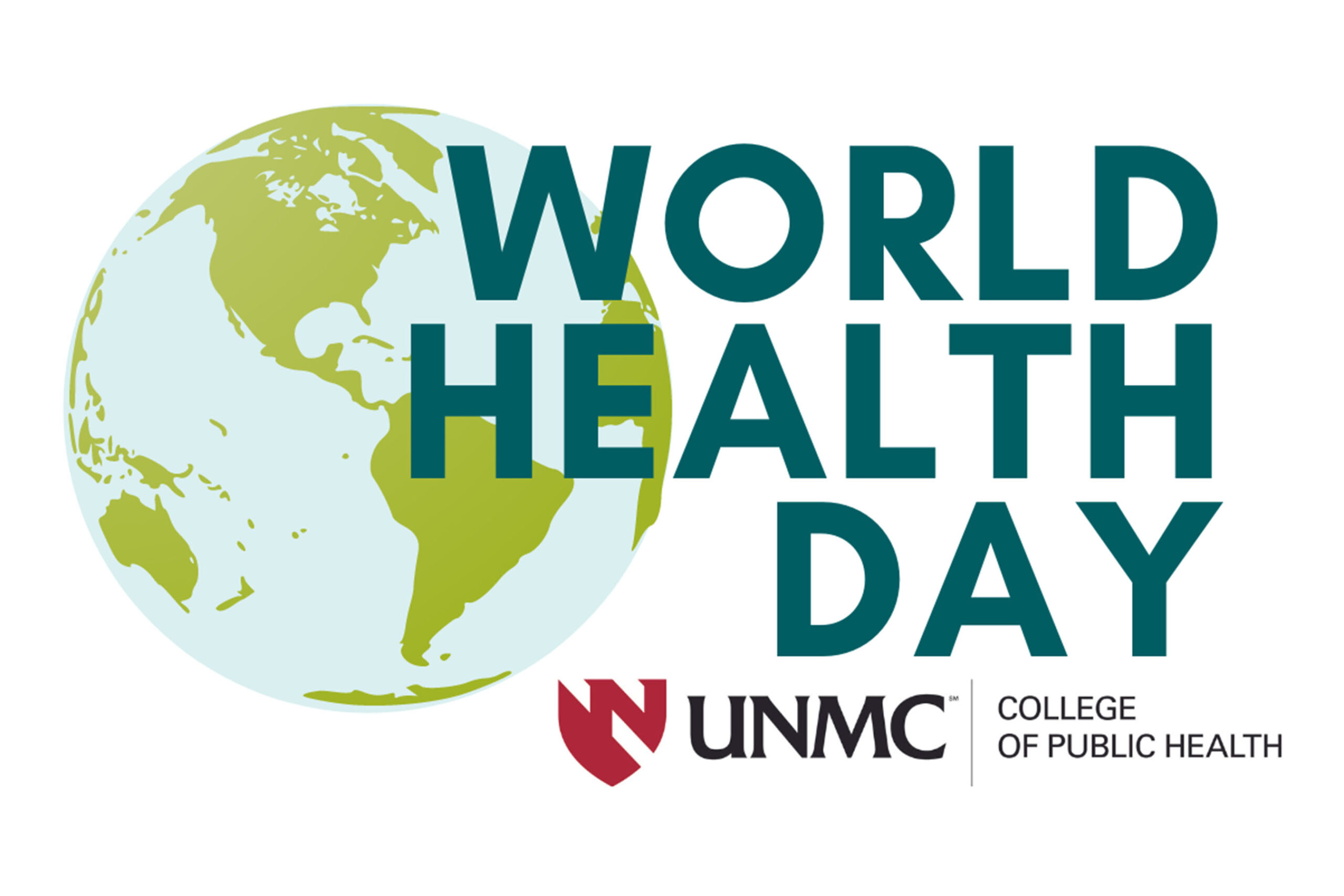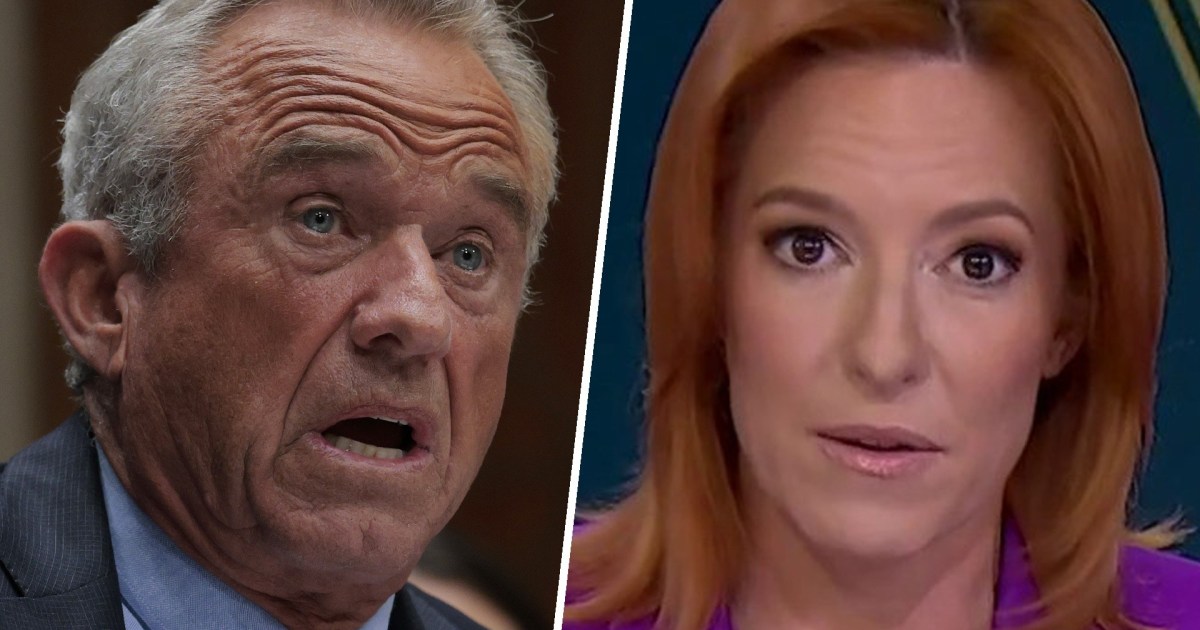Alaska’s lone U.S. House member on Thursday joined Republican colleagues voting in favor of an expansive tax and immigration package championed by President Donald Trump.
The bill could result in thousands of Alaskans losing health insurance and food assistance.
“Last year, voters gave Republicans a clear mandate: cut reckless spending, secure the border, and grow our economy — and we delivered,” GOP U.S. Rep. Nick Begich wrote in a social media post explaining his support for the measure, called by Republicans “The Big Beautiful Bill.”
 In this image from video with the final vote total, the House of Representatives passed President Donald Trump's big bill of tax breaks and program cuts after an all-night session at the U.S. Capitol in Washington, Thursday, May 22, 2025. (House Television via AP)
In this image from video with the final vote total, the House of Representatives passed President Donald Trump's big bill of tax breaks and program cuts after an all-night session at the U.S. Capitol in Washington, Thursday, May 22, 2025. (House Television via AP) The measure passed the House 215-214, sending it to the Senate for consideration. It is expected to grow the federal deficit by trillions of dollars by extending tax cuts sought by Trump. To partially pay for the tax cuts, the bill would shrink Medicaid, food assistance and other federal programs.
[Trump’s ‘beautiful’ bill spans more than 1,000 pages. Here’s what’s in it.]
The bill passed early Thursday morning after last-minute changes to appease some Republican holdouts. Begich did not indicate he had made any last-minute requests to amend the bill.
Two days before its passage, Begich wrote on social media that the bill “is a defining moment for the country and marks the single most significant step toward restoring fiscal sanity in a generation.”
Begich claimed the bill would reduce the federal deficit while protecting the “integrity” of Medicaid and federal food assistance and ensuring that “benefits go to those who truly need them.”
But the nonpartisan Congressional Budget Office expects the bill to add trillions of dollars to the federal deficit over the coming decade. Begich’s office did not respond to a list of questions about the impact of the bill in Alaska, or about its impact on the federal deficit. Instead, Begich’s office forwarded the questions to a spokesperson for the National Republican Congressional Committee, which works to elect Republicans to the U.S. House. (The spokesman did not respond to the questions.)
Asked about the bill Monday, Alaska Gov. Mike Dunleavy expressed some reservations about how the federal spending cuts would impact a state that relies heavily on federal funding.
“My concern is that Alaska may end up losing money in this process,” Dunleavy said. “I would hope that whatever decisions are made at the federal government — that the floor doesn‘t drop out in states like Alaska, but if they’re going to decide to reduce things, that we’re given some time to adjust to that.”
A day later, Dunleavy, along with other Republican governors, signed on to a letter addressed to Trump stating that they were “in strong support” of the bill.
Alaska’s legislative research services estimated earlier this month that the bill could require Alaska to pay $68.7 million annually to maintain its Supplemental Nutrition Assistance Program, or SNAP, according to a memo shared earlier this week by state Rep. Zack Fields, an Anchorage Democrat.
Currently, the federal government funds the full cost of food benefits under the program, while administrative costs are shared by the state and the federal government.
As of February, over 63,000 Alaskans were enrolled in SNAP at a monthly cost of $21 million, according to the memo. Alaska has special rules that allow for higher benefits in rural parts of the state, where food costs can vastly exceed those in other parts of the country.
Under the proposal sought by Republicans, the state would be required to cover up to a quarter of the food benefits under the program, based on the state’s payment error rate. Alaska’s SNAP error rate is the highest in the nation. States would also have to shoulder a greater share of administrative costs.
The bill would also impose strict work requirements that could cause some SNAP recipients to lose their eligibility, according to the memo from the legislative research agency.
Separately, the bill would impose new work requirements in the Medicaid program that could cause thousands of Alaskans to lose eligibility, Alaska health officials previously said.
Begich has echoed a statement from House Speaker Mike Johnson, who said in February that the goal of the work requirements is to find “29-year-old males sitting on their couch playing video games” and “send them back to work.”
Alaska lawmakers passed a resolution earlier this month urging the state’s congressional delegation to oppose any cuts to Medicaid, which covers one-third of Alaskans.
The bill is also opposed by numerous Alaska organizations, including Protect Our Care, a health care advocacy group. Amber Lee, state director for Protect Our Care Alaska, organized multiple protests, including one Thursday where participants delivered flowers to Begich’s office representing Alaskans who could lose Medicaid coverage.
The Alaska Department of Health, which administers both Medicaid and SNAP, declined to answer questions on the bill’s impacts on those programs.
“The Alaska Department of Health cannot speculate what could happen if this bill becomes law. We remain committed to ensuring Alaskans receiving their benefits in a timely manner,” department spokesperson Alex Huseman said in an email.
The legislation is expected to undergo changes in the U.S. Senate.
Alaska’s U.S. Sen. Lisa Murkowski has previously criticized of some of the proposed changes, including those that would impact Medicaid access. U.S. Sen. Dan Sullivan has repeatedly called for “improving Medicaid for the most vulnerable populations.”
Sullivan spokesperson Amanda Coyne said in an email Thursday that he is “going through a thorough analysis of all sections of the bill.”
“As the bill moves through the Senate, Sen. Sullivan will work relentlessly to include provisions that are important to Alaska’s economy and provide good paying jobs,” Coyne said.
Murkowski said in a statement that the “House included provisions Alaskans should be excited about, including those that maintain lower taxes, bolster our Coast Guard, facilitate responsible resource development in the state, and extend the Secure Rural Schools program.”
“There’s still a long way to go in the process, and I’m focused on ensuring that Alaskans don’t lose access to healthcare coverage or SNAP benefits, that we do better by clean energy developers, and that we do as much as we can to restore resource development in Alaska as we carry out our work in the Senate,” Murkowski wrote.









 English (US) ·
English (US) ·